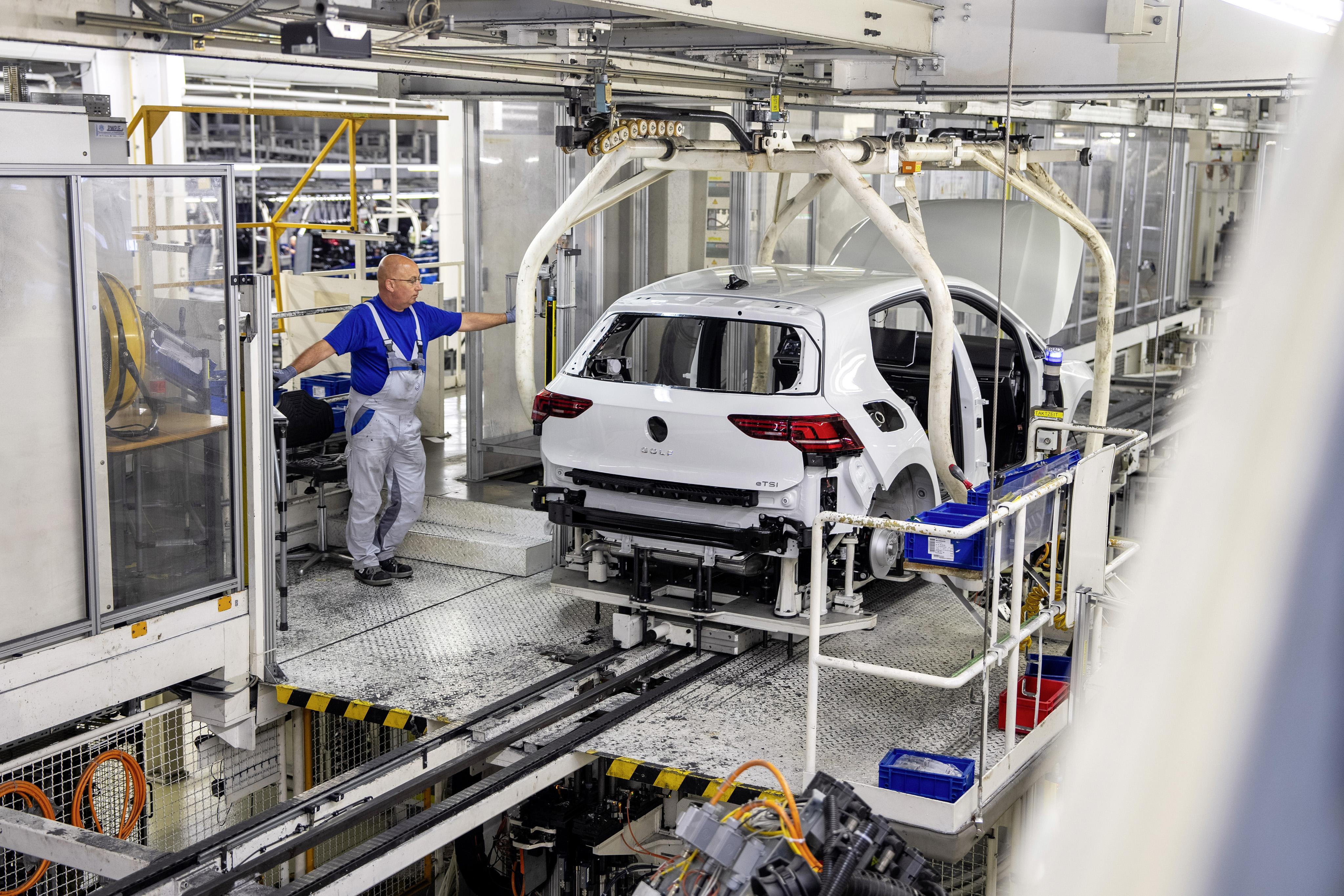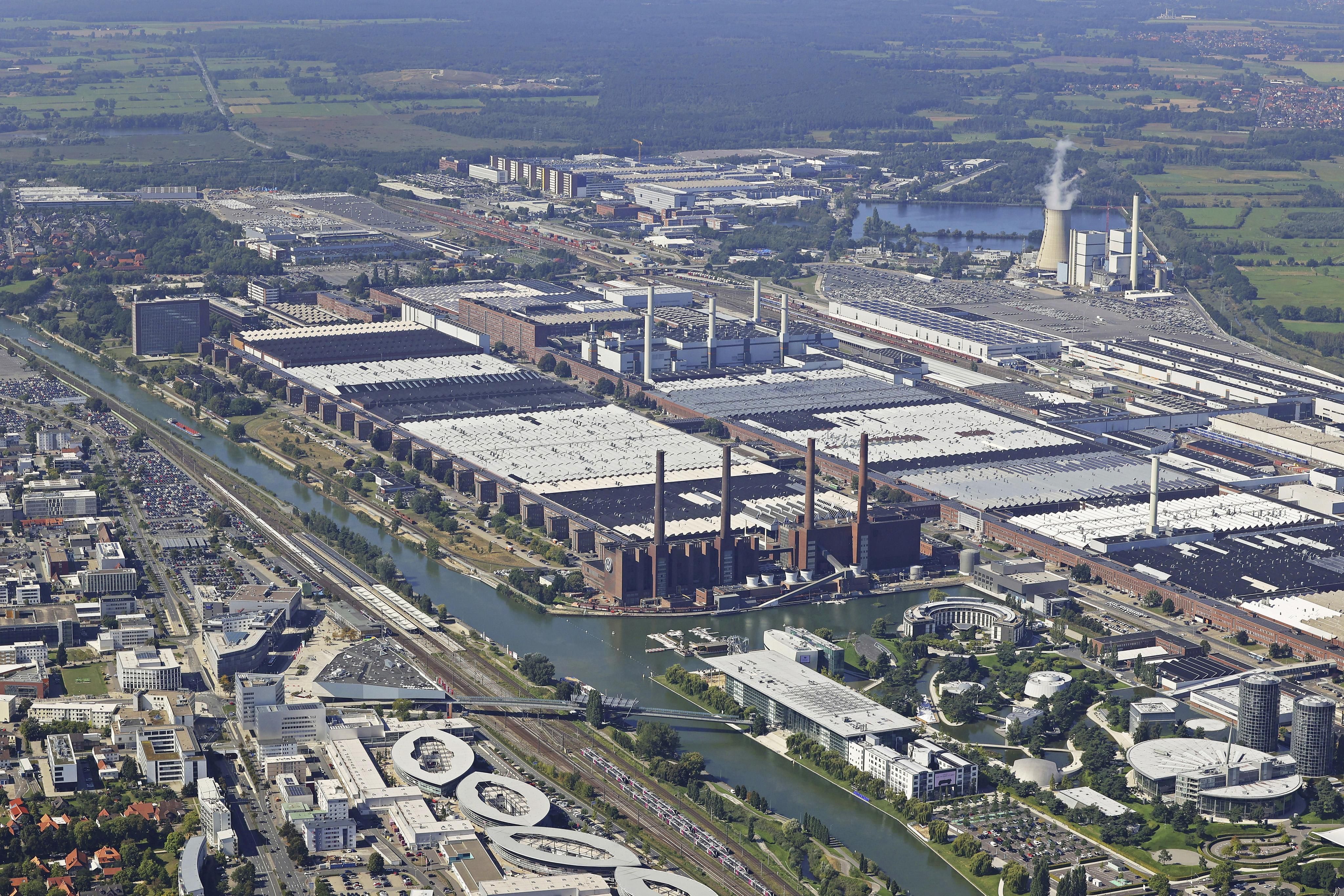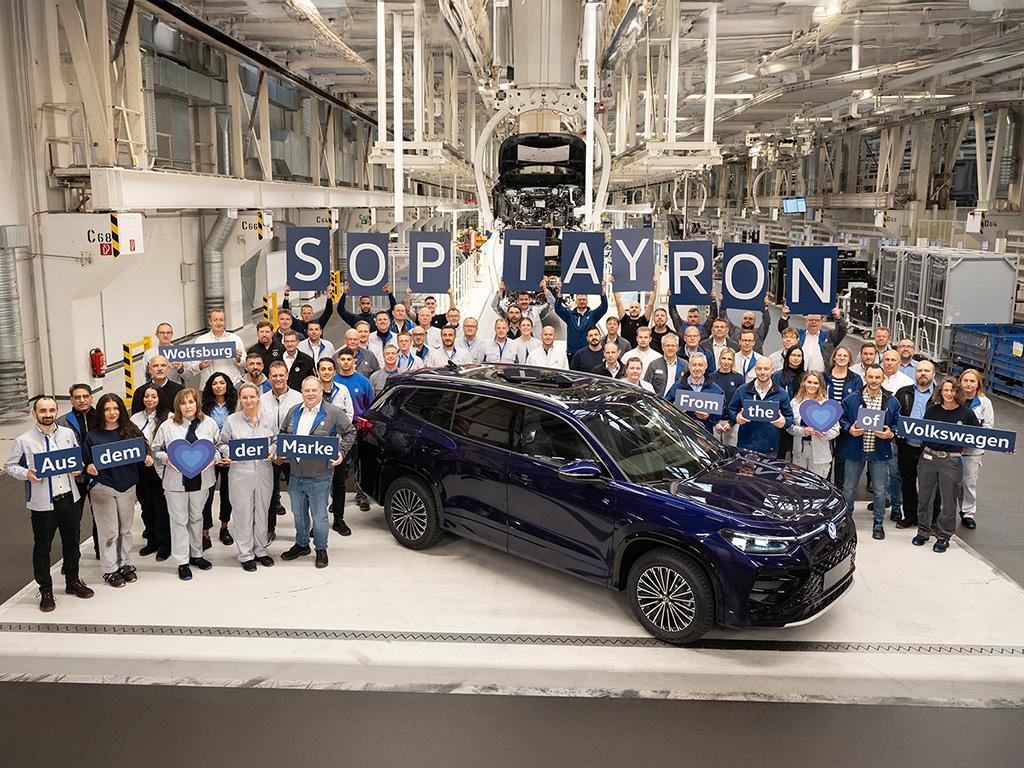Production of the Volkswagen Golf – one of the world’s best-selling passenger cars – will reportedly be put on hold indefinitely at the German automaker’s largest factory in Wolfsburg next Wednesday (October 29), amid tussling between the US and China over microchips and rear earth materials.
The pause in production could also spread to other Volkswagen models including the Tiguan mid-size SUV and the recently launched Tayron large SUV.
Australian supplies of all three models come from Wolfsburg. CarExpert has contacted Volkswagen Australia to understand any potential impacts to the availability of vehicles here.
According to Autocar, confirmation of the stoppage came only hours after a letter to employees from the company warning of potential disruptions in what the automaker said was a “dynamic situation”.
CarExpert can save you thousands on a new car. Click here to get a great deal.

The disruption has been caused by a supply freeze of semiconductors from Dutch company Nexperia, which has its roots in China under owner Wingtech Technology – and it has automakers in Europe scrambling to find a new supplier.
Nexperia has more than 15,000 employees and manufactures microchips that operate everything from airbags, dashboard instruments, door locks and windows, and is critical to European automotive manufacturing.
It has a market share of around 40 per cent, according to The Age, with customers including Mercedes-Benz, Toyota, BMW and Stellantis (which includes Alfa Romeo, Maserati, Peugeot, Fiat and Opel, among others).
In 2024, the US government placed Nexperia owner Wingtech on a blacklist, saying it was attempting to avoid US restrictions on access to advanced semiconductor technology.

Nexperia declared independence from its parent company in an effort to move off the blacklist, but the US extended its scope to include subsidiaries of blacklisted companies – meaning the chip-maker was back on the list.
Reportedly under US pressure, the Dutch government took over Nexperia on September 30 and removed its CEO Zhang Xuezheng, which according to Autocar was due to “officials citing intellectual property concerns due to its Chinese ownership”.
A statement on the Nexperia website read: “This order is intended to prevent the goods manufactured by Nexperia from becoming unavailable, thus protecting Dutch and European economic security.”
China has retaliated by tightening restrictions on rare earth materials to include Nexperia – prompting the company’s stasis and resulting Volkswagen plant pauses.

According to Autocar, Volkswagen has no immediately available alternate supplier, and any new chip provider would demand “lengthy internal testing and certification before they could be used”. Volkswagen hasn’t ruled out further production pauses at its other European factories while the issue remains unresolved. The news comes after production of the electric ID. Buzz and diesel Multivan people movers was halted at Hanover, Germany for four days due to slow demand, rather than microchip supply issues.

